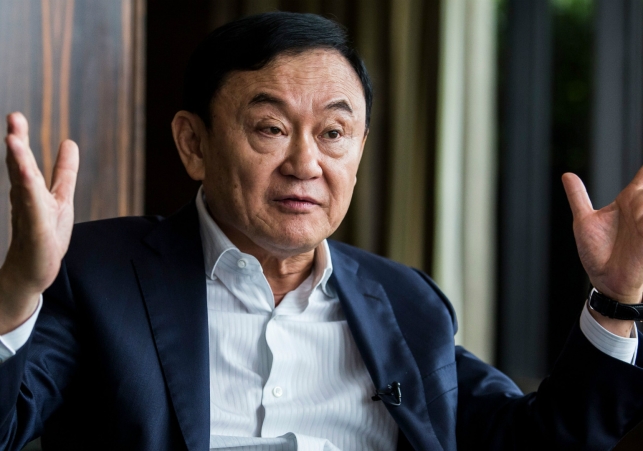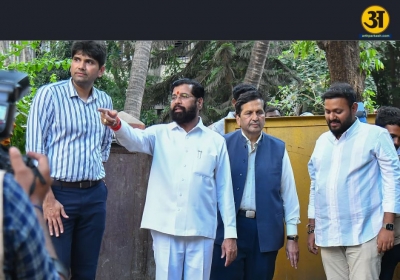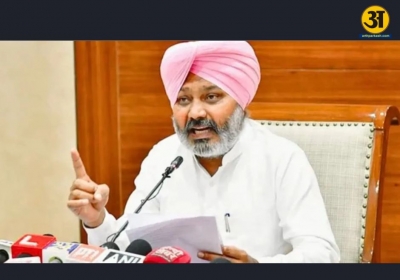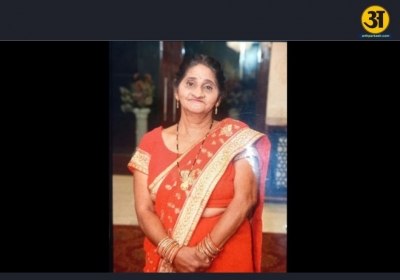
Thaksin Shinawatra returns to Thailand
Thaksin Shinawatra returns to Thailand after 17 years in exile
Historic homecoming amidst political developments
Thailand's former prime minister, Thaksin Shinawatra, has made a significant return to his home country after 17 years of living in exile. Known as a prominent figure in Thai politics and the leader of the populist movement Pheu Thai, Thaksin's return coincides with a noteworthy attempt by his political allies to establish a new government, even collaborating with some of their rivals. His arrival stirred a mixture of emotions among the public.
A joyful reunion and political implications
Greeted by enthusiastic supporters at Bangkok's Don Mueang airport, Thaksin, along with his family members, briefly appeared in public after his long absence. His sister, Yingluck, expressed her excitement on social media, highlighting the anticipation for this moment after years of separation from their homeland. Thaksin's departure from Thailand in 2008 was prompted by the need to evade a prison sentence for alleged abuse of power. Accused of corruption and disloyalty to the monarchy, he strongly denied these allegations.
Authorities have announced their intention to arrest Thaksin, sending him to the Supreme Court for a hearing before his potential transfer to a prison. Concurrently, Thailand's political landscape was abuzz as parliamentary discussions revolved around the selection of a prime ministerial candidate. Srettha Thavisin, a real estate mogul brought into politics by Pheu Thai, was being considered. The party's leader congratulated Thaksin on his return, underlining the significance of the occasion.
Also Read: Why is Turkey not giving assent to Sweden and Finland's Membership to The NATO (arthparkash.com)
Pheu Thai's complex political maneuvers
Thailand's political environment has been uncertain since March, with a caretaker government in place. The newly-formed parliament encountered challenges as anti-establishment Move Forward party winners faced opposition from conservative lawmakers, causing a deadlock. In this context, the influential Pheu Thai party, founded by the wealthy Shinawatra family, sought to lead a new coalition. Despite its previous clashes with the military and old-money elite, Pheu Thai formed an alliance with parties supported by the military, responsible for past coups against Thaksin's governments.
Srettha acknowledged that Pheu Thai had fallen short of its intended electoral majority, necessitating collaboration with former rivals. He acknowledged the necessity of realism in governance. The return of Thaksin, known for his polarizing popularity, inevitably overshadowed the ongoing political developments. Having endeared himself to the working class through populist measures like cash handouts and universal healthcare, Thaksin's policies conflicted with established power structures, leading to prolonged struggles for influence.
Also Read: Bold rescue: woman, 25, freed from Chandigarh hotel in sex trafficking sting (arthparkash.com)
Thaksin has consistently maintained that the charges against him were fabricated to prevent his rise to power. He remained resolute in his determination to return. This time, Thaksin's return is coupled with speculation that Pheu Thai's unexpected partnership with its adversaries might have facilitated his comeback. While the party denied Thaksin's direct involvement in their government formation efforts, suspicions of behind-the-scenes negotiations persisted. Thaksin, alongside his sister, denied any conspiracy with the generals responsible for their previous oustings.





